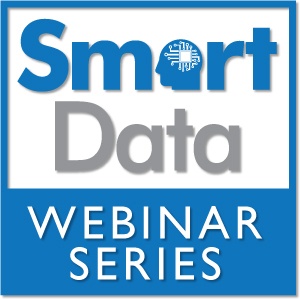14 September : Join Free "Smart Data Webinar: Advances in Natural Language Processing II – NL Generation"


DATE: September 14, 2017
TIME: 2 PM Eastern / 11 AM Pacific
CLICK HERE TO REGISTER -- Free to all attendees
About the Webinar
Technology for natural language generation (NLG) has advanced from the production of restricted-domain question-answering and simulation systems to the delivery of general purpose data- or model-driven narratives that are virtually indistinguishable from human-generated correspondence.
From sports to stock reports, you’ve probably read a machine-generated report in the past year without realizing that the “author” was a machine.
Participants in this webinar will learn how modern approaches have progressed beyond pattern matching and table-driven text selection to algorithms that consider context and tone. The speaker will also present examples of commercially available NLG APIs to help participants experiment with NLG in their own applications right away.
About the Speaker
Adrian Bowles (Founder, Storm Insights)
| Adrian Bowles is an industry analyst and recovering academic, providing research and advisory services for buyers, sellers, and investors in emerging technology markets. His coverage areas include cognitive computing, big data / analytics, the Internet of things, and cloud computing. Adrian Bowles co-authored Cognitive Computing and Big Data Analytics (Wiley, 2015) and is currently writing a book on the business and societal impact of these emerging technologies. He has held executive positions at several consulting and analyst firms. Adrian also held academic appointments in computer science at Drexel University and SUNY-Binghamton, and adjunct faculty positions in the business schools at NYU and Boston College. He began his career with research and application development roles at IBM and GTE Laboratories. Adrian earned his BA in Psychology and MS in Computer Science from SUNY-Binghamton, and his Ph.D. in Computer Science from Northwestern University. |
Source: DataVersity


